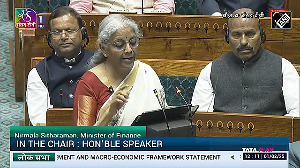
The World Health Organization said on Monday it would discuss managing COVID-19 risks with Japanese authorities and the International Olympic Committee, after organisers announced some spectators would be permitted to attend the Tokyo Games.
Mike Ryan, head of WHO's emergencies programme, noted that infection rates in Japan have been falling, and said they compared favourably to other countries that were hosting large scale events.
Up to 10,000 domestic spectators will be allowed in Tokyo 2020 venues, Olympics organisers said on Monday, a decision that cut against the recommendation of some medical experts who said holding the event without fans was the least risky option.
"What we are glad of is that the rates of disease have fallen persistently and consistently in Japan over the last number of weeks," Ryan told a Geneva news conference.
"We're aware of that decision today and we are following up with the IOC and with Japanese authorities. We'll be having another call with them and their task force this week to consider this new decision regarding attendance at the Olympics."
Spectators from overseas have already been banned from the multi-billion-dollar extravaganza, which begins on July 23, amid public opposition and deep concern about a potential resurgence in infections.
Ryan said Japan's rate of 80 infections per million residents in the past week was much lower than in many other countries.
The WHO would continue to examine risk management procedures and risk assessment for the Games, "looking at measures from diagnosis to screening to surveillance to physical distancing, ventilation, and many other matters", he said.
"But again I think it is important to note that the incidence rates in Japan have fallen consistently over the last number of weeks and compare favourably with the transmission of disease in many other countries who are currently hosting major events."













 © 2025
© 2025